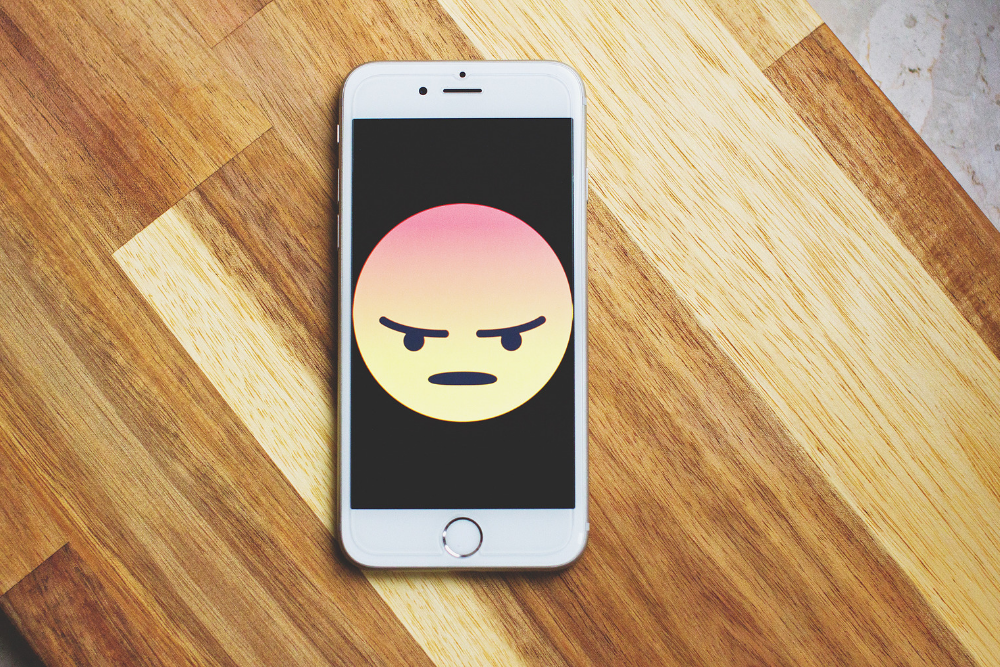
This critical episode was originally aired in March of this year. The battle continues…What are technology’s latest sneaky maneuvers to get to our kids? How do parents combat the bad while accepting the good? Like Cyclops, the one-eyed giant who battled Odysseus, technology is the stranger in our midst attempting to get a grip on our children’s hearts, minds, and souls. Tune in to learn about the latest technology dangers online, the lack of helpful ratings in apps designed for children, and what you can do to protect your children.
 Chris McKenna is our new featured technology expert and his previous interview always ranks in the top five of all downloads on BaseCamp Live. After a 12-year career in business advising with Ernst & Young, and six years in full-time middle school ministry, Chris McKenna is now the Educational Resource Manager for Covenant Eyes, an Accountability and Filtering Company. In 2015 he created Protect Young Eyes as a way to equip and encourage parents and students to use technology responsibly. Chris’ research has helped countless families around the country and the release of the Scripture-based Virtue in Media digital citizenship curriculum finally provides a faith-based teaching solution for schools. Chris is regularly featured on news, radio, and podcasts for his research.
Chris McKenna is our new featured technology expert and his previous interview always ranks in the top five of all downloads on BaseCamp Live. After a 12-year career in business advising with Ernst & Young, and six years in full-time middle school ministry, Chris McKenna is now the Educational Resource Manager for Covenant Eyes, an Accountability and Filtering Company. In 2015 he created Protect Young Eyes as a way to equip and encourage parents and students to use technology responsibly. Chris’ research has helped countless families around the country and the release of the Scripture-based Virtue in Media digital citizenship curriculum finally provides a faith-based teaching solution for schools. Chris is regularly featured on news, radio, and podcasts for his research.
Tech Monsters In Our Kids’ Pockets…What Parents Can Do To Protect Kids
~ A Conversation with Chris McKenna
Estimated reading time: 3 min, 39 sec (730 words)
The mind of a well-read Classical Christian student brims with fascinating mythological creatures. One of the most famous is Polyphemus, better known as Cyclops, the one-eyed giant blinded by the brave and noble Odysseus.
Young people today fight their own version of Cyclops. In fact, an army of one-eyed cyclopses reside in our pockets, cars, and homes. Sometimes we carry these little monsters all day in our palms. And they are a lot smarter than the mythological version.
These smartphones, computers, apple watches, and tablets fight for our attention in covert ways. They may or may not be watching us, but they know we are watching them…and the price can be particularly high for children when we turn our backs.
So what are technology’s latest sneaky maneuvers to get to our kids? And how do parents combat the bad while accepting the good?
Chris McKenna, founder of Protecting Young Eyes, a website dedicated to protecting kids from online dangers, recently spoke to BaseCamp Live host, Davies Owens. They discussed the latest technology trends, especially the lack of helpful ratings in apps designed for children.
Weak and misguided ratings system for kids’ apps
Parents are waking up to the fact that apps either have no rating system or offer misleading age-appropriate recommendations. And no one is holding technology accountable.
The Netflix app, with a 4+ age rating, does recommend age-appropriate shows. However, due to the lack of content warnings, young kids can easily stumble upon and access more controversial content designed for the 17+ crowd. Instagram and Snapchat both have a 12+ rating, yet in six seconds a visitor can access pornography.
McKenna and Protect Young Eyes recently broke a story read by millions of people that led to the discontinuation of a new channel on SnapChat. Called Cosmo After Dark, the channel featured pornographic content. Due to the efforts of Protect Young Eyes, Snapchat removed it after one week.
On another front, creepy and terrifying images are randomly appearing in kids’ Youtube videos. “Youtube is the number one destroyer of innocence of children,” says McKenna. “It is a flowing field of hilarious cat videos that surrounds a toxic swamp of waste…always in the sideview. Kids will tell you that they’re always being exposed to inappropriate content there.”
Parents need to verify before trust
On the podcast, McKenna shares effective strategies for parents. Listen to the episode to hear all of his recommendations. In the meantime, we’ve pulled out some highlights.
A guiding principle is that no matter what age range an app says it is geared toward, the rule for parents is to verify it for themselves before they trust their kids with it. Be an investigator before condemning.
McKenna says that whatever app a child want to use, parents should use it for seven straight days first because pop ups show up after the first day. He also recommends buying the paid version of apps, often for as little as 99 cents, to avoid inappropriate and sometimes pornographic ads.
Every parent should have an Instagram account if their kids have one. Utilize CleanBrowsing DNS, the most effective tool for blocking porn on every device. Let kids know what to do if they do see something inappropriate or terrifying on a video. Claim back the car time for family time.
Key Takeaway
Thankfully, parents can fight these one-eyed monsters in our kids’ pockets and protect children from their schemes. While not all technology is bad, “The internet doesn’t care about the morality and the hearts and minds of our kids. That’s up to us,” says McKenna.
Listen to the podcast for many more insights and tips. Visit the websites that affect change in the gaming industry and assist parents. Protect Young Eyes unpacks sites for parents and offers solutions. McKenna’s newest project, fixappratings.com, promotes the creation of an app ratings board, the release of parental controls on operating systems and a digital duty of care toward children using technology.
LINKS
Protectyoungeyes.com (everything is free, subscribe)
IGen book
https://fixappratings.com/
#fixappratings (2-page flyer) (pdf)
https://protectyoungeyes.com/blog/ (and search for “block porn” or “Instagram”, etc.)
https://protectyoungeyes.com/?s=clean+dns (for info on CleanBrowsing DNS, for blocking porn domains)
OTHER BASECAMP EPISODES WITH CHRIS MCKENNA
https://basecamplive.com/what-is-on-my-kids-phone/
